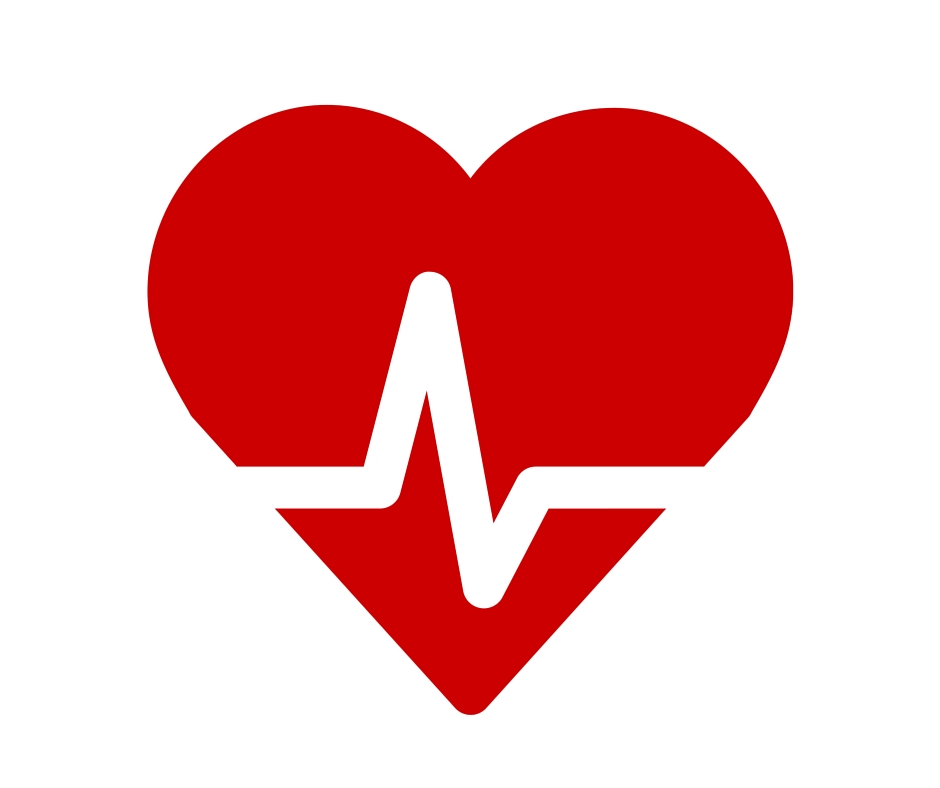
February is heart disease awareness month in the United States—a month dedicated to teaching the world about the increasing prevalence and risk factors of heart disease!
Cardiovascular disease refers to a set of diseases that compromise the heart beat or blood flow. Several diseases may leave the heart unable to pump blood efficiently. Among these diseases are hypertension, high cholesterol, smoking, alcohol abuse, kidney failure, and certain autoimmune disorders. Likewise, narrow arteries, or blocked arteries that result from fat calcification, increase the workload on the heart!
The underlining factor that leads to heart disease is the presence of inflammation. Inflammation is a local reaction in response to injury or threat. The most common inflammatory foods are:
1) Sugar—Sugar irritates the heart arteries like bleach irritates skin.
2) White flour—White flour releases sugar in high amounts, which in turn irritates the arteries.
3) Trans fats—These notorious fats stimulate the immune system to attack the plaque formation of damaged arteries.
5) Animal fat—Animal fats are high in arachidonic acids and saturated fats, both of which cause arterial inflammation.
6) Alcohol—Alcohol releases sugar immediately and irritates the lining of intestines.
7) Sodium—An excess of salt, daily consumption exceeding 2,000mg, can cause water retention, which elevates blood pressure and increases the work load of the heart.
8) Fried foods—Foods fried in high-temperature oils release chemicals like acrylamide, which is released from French fries and potato chips. Acrylamide-containing products induce a pro-inflammatory state, which presents a risk factor for atherosclerosis and heart disease. Other chemicals also present are heterocyclic amines and polycyclic aromatic hydrocarbons, which are both released from meats. The concentration of these chemicals increase with repeated reuse of oil. These chemicals are not only atherosclerotic, but also carcinogenic.
9) Sedentary life-style—Sitting down for long periods of time without frequent breaks is unhealthy! Vigorous exercise releases nitric oxide. This chemical is released in the lining of the arteries and relaxes the blood vessels, counter working the effects of plaque. Studies show that getting 30 minutes of vigorous exercise daily helps prevent hardening of the arteries!
The health benefits of a clean diet and lifestyle are not just a scientific discovery, but are a divine blessing that echoes from the garden of Eden! It is also the perfect diet and lifestyle we will partake of when the earth is made new!
“Wherefore seeing we also are compassed about with so great a cloud of witnesses, let us lay aside every weight, and the sin which doth so easily beset us, and let us run with patience the race that is set before us.” Hebrews 12:1 KJV.